Trafficking and Exploitation of North Korean Refugees
For North Koreans hiding in China, repatriation is synonymous with death. Resolved to avoid such a fate, but with few options or protections, North Korean refugees are left vulnerable to a second wave of human rights abuses.
Among North Korean women and girls who escape to China, an estimated 60% have fallen victim to human trafficking.
Here are the stories of three women who have survived the unimaginable and are now advocating for this issue in freedom.
The Fear of Forced Repatriation
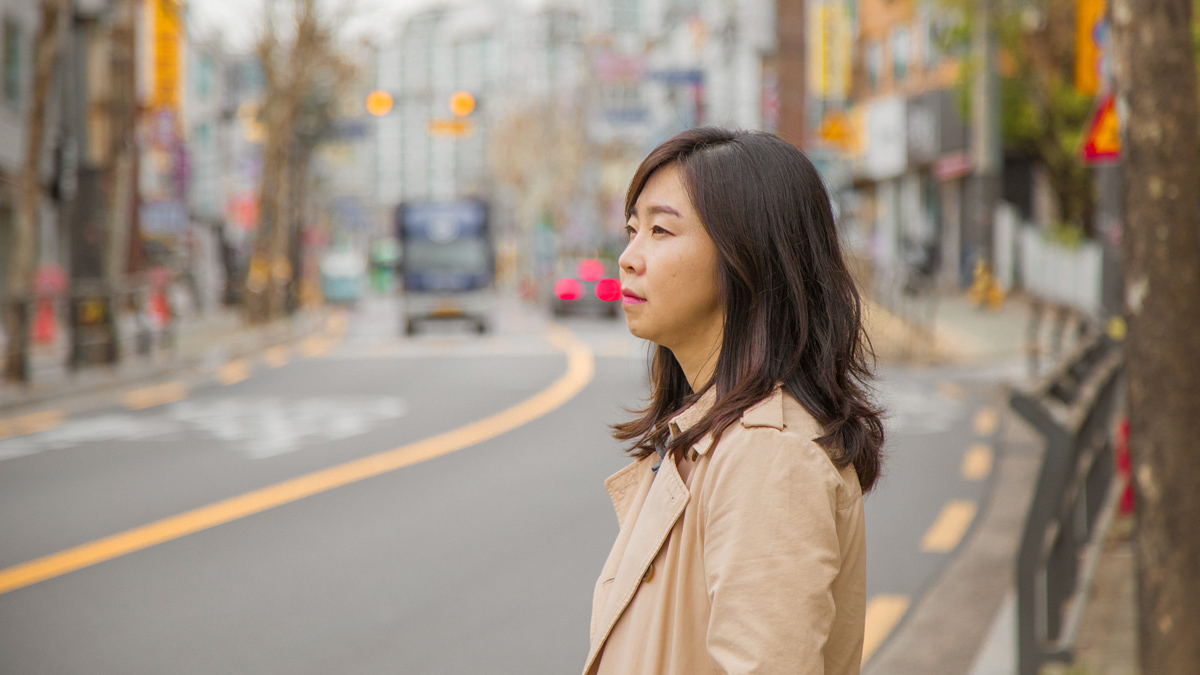
After Eunju fled from North Korea in 1999, she ended up spending years in China before finally reaching freedom.
“In China, North Korean defectors are exposed to various crimes, including sexual assault, human trafficking, forced prostitution, and labor exploitation. Those who seemed kind and willing to help were either traffickers or rapists. Promises of wages to be paid in the fall were replaced with threats—’You're from North Korea, aren't you?’
There is only one reason why the victims—North Korean defectors—remain silent: the fear of forced repatriation. This fear-driven silence perpetuates a vicious cycle of human rights violations against North Koreans in China.
On our first night in China, we were confronted with a trauma that would haunt us for a lifetime. As we walked along the road, not knowing where to go, a car slowed down and pulled up beside us. The door swung open, and someone grabbed my sister. My mother and I clung to her, desperate not to let go, but we couldn’t withstand the force of the accelerating car and were thrown aside. At the time, my sister was still just a young girl who had not even gone through puberty, yet she could not escape sexual violence. My mother couldn’t even bring herself to think about reporting the incident. She knew that if she went to the authorities, the Chinese police would capture us and send us back to North Korea before they ever caught the perpetrator.”
Soon after, Eunju’s mother was trafficked into a forced marriage together with Eunju and her sister, and they were sold for 2000 RMB (~$240 at the time).
Sold on the Way to Freedom
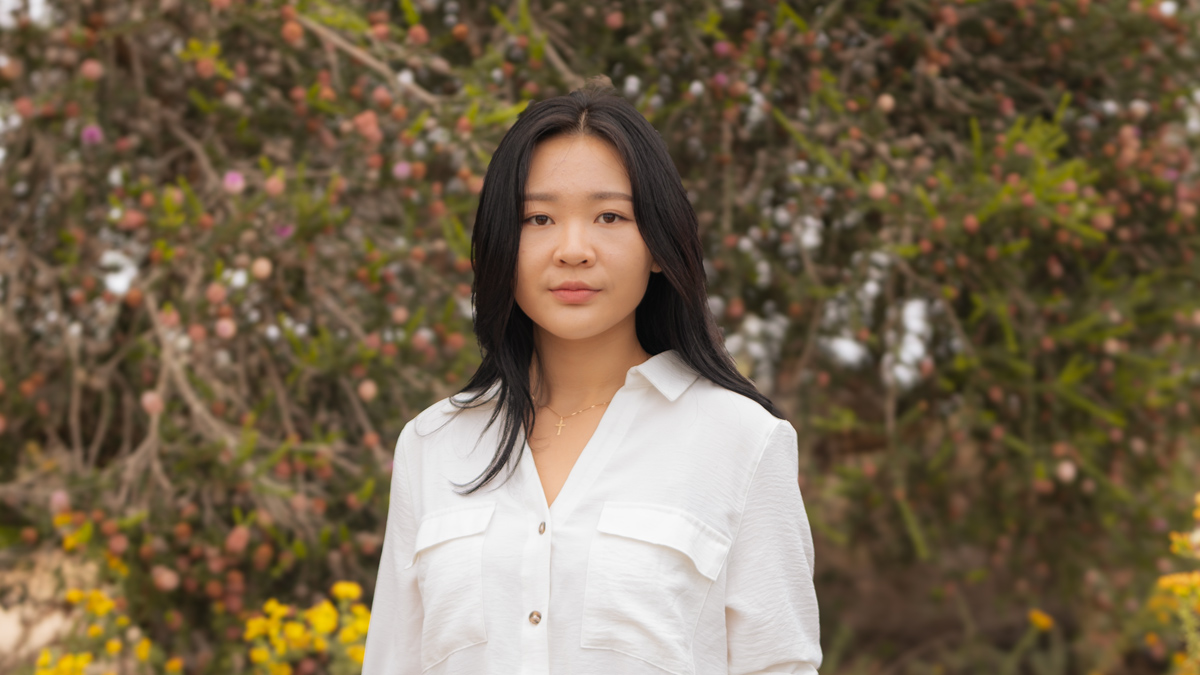
Hannah fondly remembers growing up with a large family in North Korea. But widespread food shortages forced her to leave her beloved hometown at 15 years old. When she finally managed to cross into China, she was trafficked and sold into a forced marriage.
“Do you remember what life was like when you were 15 years old? Maybe you were stressed about highschool, or getting your driver’s license. When I was 15 years old, I was sold to a man in China who was twice my age. For the first 6 months of captivity, I stayed away from him as much as I could. But in the end, there was nothing I could do to protect myself.”
“When I became pregnant, I couldn’t accept it because it wasn’t my choice. But then my baby arrived, and it all hit me. I wanted to give my daughter the same love I had grown up with. But I couldn’t do that without legal status or freedom. So with my one-month-old baby in my arms, I escaped once again.
Even though it was a very hard and dangerous journey, we ran together towards freedom, towards a future that guarantees our safety and hope.”
A Mother’s Impossible Choice

Joy fled from North Korea when she was 18 years old. When she reached China, the broker who arranged her escape went back on their word and immediately demanded to be repaid.
“She told me my only option was to be sold into marriage to a Chinese man so the brokers could take my bridal cost as payment. I couldn't even think of refusing because I was afraid they would do something bad to me or drop me off somewhere alone to get caught by the Chinese police and sent back to North Korea. At that point, I realized that I was trapped.”
Joy was sold to an older Chinese man for $3,000. She searched for any way to escape, but soon became pregnant and gave birth to her daughter. For two years, she raised her child and began to lose hope of ever reaching freedom.
Then in 2013, Joy was connected to LiNK’s network. She felt it was her last chance to take back control of her life. But she faced an impossible decision. Her daughter was still very young, and it would be incredibly risky to escape together. Ultimately, Joy decided to leave her behind.
“I cried every day thinking of my daughter. Before we started moving to get out of China I stayed with some other defectors…I didn't want to cry in front of [them], so I cried behind a curtain. I found another North Korean woman crying there because she also left her child. We ended up hugging each other and crying together.”
Stories of Hope
Eunju, Hannah, and Joy’s stories echo that of thousands of North Korean women who were sold on the way to freedom. But they’ve refused to let their painful experiences prevent them from living full lives, instead turning them into sources of strength, fueling their work on this issue.
Eunju is now living in South Korea with her mom and sister. She co-authored a book about her journey, A Thousand Miles to Freedom, with journalist Sebastein Falletti to make sure stories like hers are not forgotten.
Hannah is also in South Korea raising her daughter, who will never know a life without freedom. In 2022, Hannah joined LiNK’s Advocacy Fellows program to develop her capacity as a leader and advocate for this issue. She traveled across the US alongside other young activists, sharing her story at universities, churches, Fortune 500 companies, and with key stakeholders on Capitol Hill.
Joy was also a LiNK Advocacy Fellow in 2019. Today, her advocacy continues in the classroom, as an educator at an alternative school for the children of North Korean mothers. Some of her students were born in China while the mothers were in forced marriages—a circumstance that is deeply personal. Joy is beloved by the children, and strives to help them navigate their complex identities and relationships with their parents.
All the while, Joy has kept in touch with her daughter through video calls and messages. Last year, she was finally able to bring her daughter to South Korea!
What You Can Do to Help
The trafficking of thousands of North Korean women and girls is one of the most rampant and egregious human rights violations happening today. Yet it often does not get enough dedicated attention amidst all the dangers and abuses that North Koreans face—an alarming reminder of the gravity of this issue.
LiNK rescues North Korean refugees without cost or condition, and provides crucial resettlement support during this period of transition. We’re one of the only organizations still doing this work since the COVID-19 pandemic. To date, we've helped almost 1,400 North Korean refugees and their children reach freedom.
It is more urgent and important than ever that we carry on this work. Right now, our field team is actively in communication with North Korean refugees hiding in China, many of them women who were trafficked or sold into forced marriages, and coordinating their escape. Help bring them to safety and freedom.
Give Today
A North Korean Refugee’s Daring Escape By Boat | Gyuri Kang’s Story
Escaping from inside North Korea remains almost impossible today. Borders remain sealed by the legacy of pandemic-era restrictions, while surveillance in China continues to intensify. But in 2023, a group of North Koreans crossed into South Korean waters on a small fishing boat—a rare and extraordinary way to reach freedom. Abroad the vessel was 22-year-old Gyuri Kang with her mother and aunt.
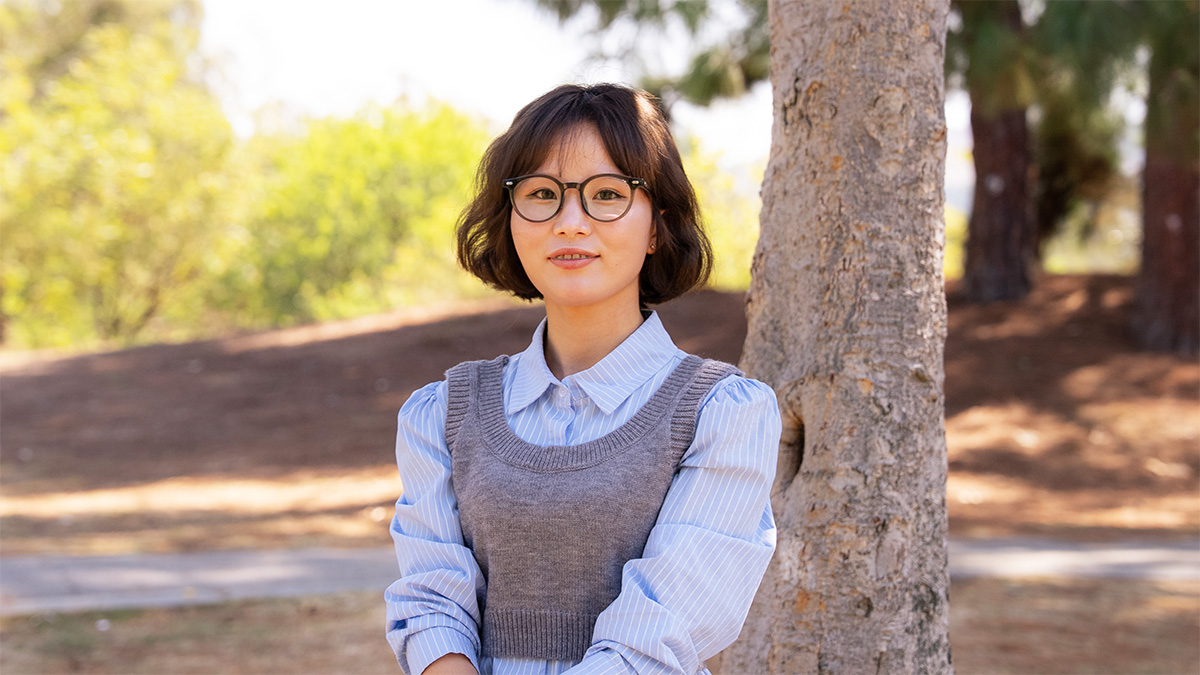
You were never supposed to know my name, see my face, or hear my story. Because I was one of 26 million lives hidden inside North Korea.
I was born in the North Korean capital, Pyongyang. The first time the government decided my future without my consent, I was only a child. My family was exiled to a rural fishing village because of my grandmother’s religion.
In the system we were living in, not even your beliefs or thoughts are truly your own.
On my way to school, youth league officers would inspect my clothes and belongings, punishing me for even a hairpin or a skirt that was a few centimeters too short. At school, we were taught that “we live in the most dignified nation in the world,” but outside those walls, people were collapsing from hunger in the streets.
Careless words overheard by a neighbor could turn into a knock at the door in the middle of the night. The radio played government broadcasts all day long, and searching other frequencies was a risk no one dared to take. This is how the North Korean government maintains control over people. By convincing you that survival depends on submission.

I returned to Pyongyang as an adult. I majored in table tennis at the Pyongyang University of Physical Education and imagined myself making a new life, built on talent and hard work.
But reality was nothing like what I had dreamed. I came to understand a deep, painful truth: In the end, everything was determined by how well you obeyed, not how hard you worked.
Frustration and emptiness built up until I finally decided to leave Pyongyang.
I wanted to help support my mother and aunt, so I moved to the coast to try and build a life of my own. My mother used all of her hard-earned life savings to buy me a small wooden fishing boat so I could start a business harvesting clams.
That boat was more than a way to make a living. It was a daily reminder of her sacrifice, and the depth of their love and trust in me. If the money I earned with my own hands could put even one less wrinkle on her forehead, that was enough for me.
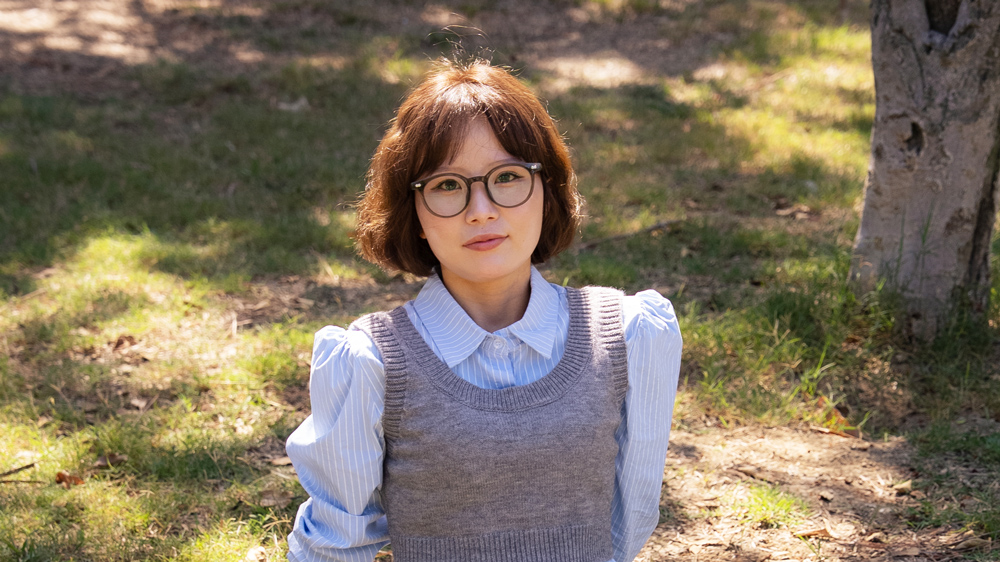
As a boatowner, I woke up early in the mornings to prepare supplies, get the crew together, and encourage them. I inspected the condition of the boat and hired people to help fix the engine and other faulty parts. Although I couldn’t go out to sea because I’m a woman, I was responsible for ensuring the ship operated smoothly.
But the harder I worked, the more government officials came to me—demanding baskets of clams and money. They justified their demands by saying: “The Party orders it,” threatening to punish anyone who refused. Every night I agonized over how to protect my people and keep my business going, and how I should respond. In those moments, I would remember the love and devotion my mother and aunt had poured into me and it gave me strength to persevere.
To escape my reality, at night I secretly watched South Korean TV shows on a television that was smuggled in from China.
My world turned upside down. With my friends who were also watching South Korean media, we would cautiously express our dissatisfaction together while also copying the hairstyles and outfits we saw in dramas. Sometimes, we would even try to mimic South Korean words or accents when talking or texting together.
But under Kim Jong Un, punishments became much more severe. Two people I knew were executed for watching and sharing foreign media. Our lives became harder, control over young people became more intense, and our resentment began to grow.
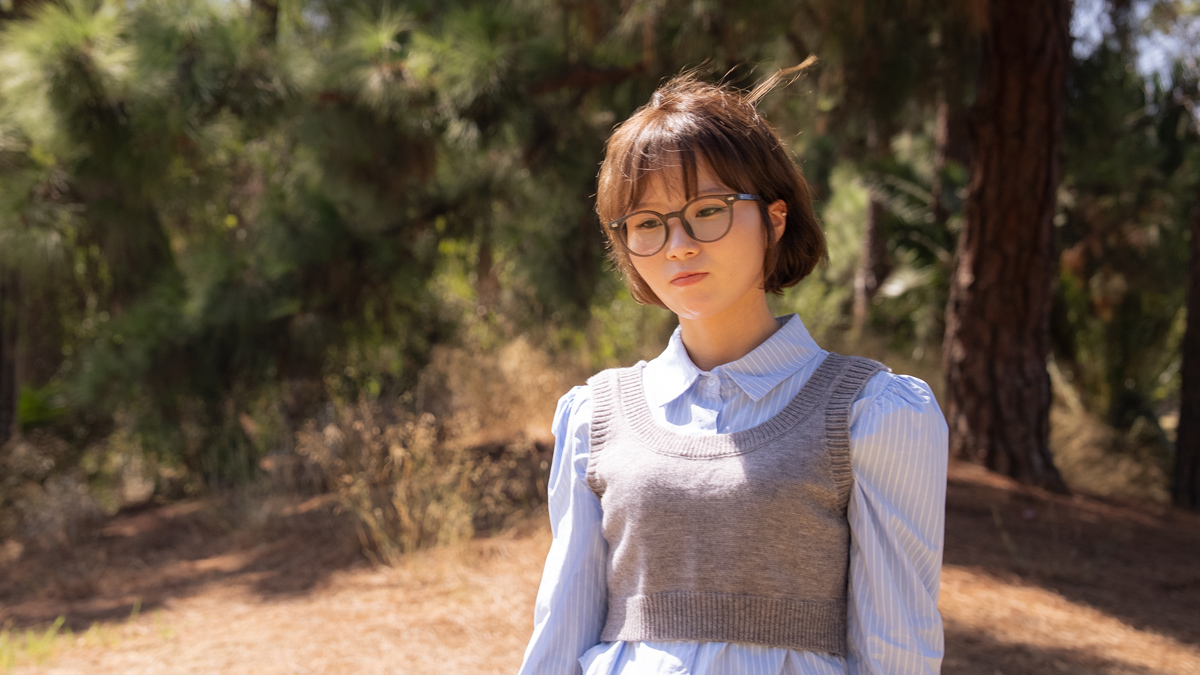
But no matter how much they tried to repress us, frustrated young people like me continued watching forbidden content as a way to forget reality. Foreign media has quietly found its way into North Korea for decades. As I grew up, it began spreading more than ever before, through USBs passed between friends or broadcasts picked up on illegal devices.
Many defectors, like me, can remember the exact episode of a TV show, a specific South Korean song, or even a traffic report, that planted the first seeds of doubt.
Of course, dramas and movies don’t tell the whole story, but they show a life that contradicts everything we were taught. And it makes you wonder: if life is so different out there, why does it have to be this way here?
I realized it doesn’t just show people that different lives exist. It gives them the belief that their life could be different. And that belief gives people the courage to choose a different future.
The thing about information is once you learn something, you cannot unlearn it. I remember watching people on my screen speak freely, laugh openly, and pursue their dreams—things that were unimaginable in North Korea. For the first time, I wondered if everything we were taught might be wrong. That doubt led to questions, and my curiosity became too strong to ignore. Now that I had seen the truth, I could never go back to the person I was before.
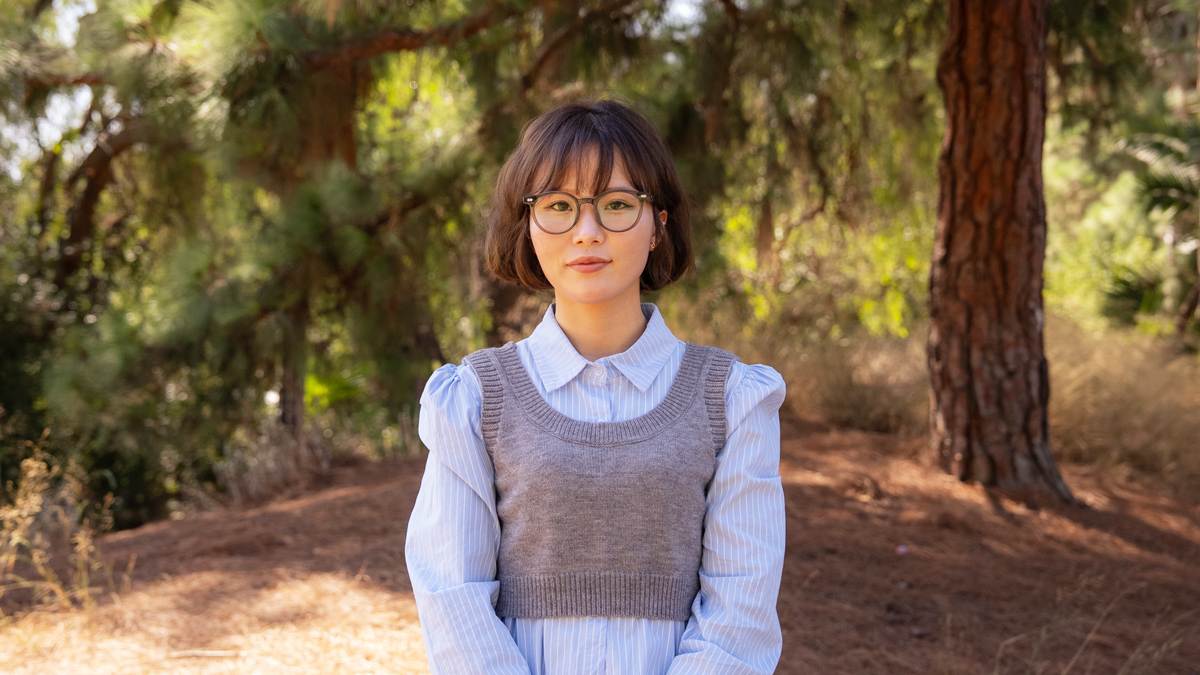
Escaping North Korea cannot be explained by the simple word “leaving.” This was especially true for me because I escaped together with my mom and my aunt. They had placed their trust in me when they gave me money for that boat. And now I was placing my trust in that boat to carry us across the sea to freedom.
I planned our escape in complete secrecy.
I bought a smuggled GPS device from China, carefully traced our route, observed the currents and tides, learned the patrol schedules of the guard boats, and figured out the blind spots of the coastal guard posts. I meticulously checked the condition of the boat and quietly prepared all the food and supplies we would need. I trained my body for the wind and the waves, and my mind for the terror of being caught.
Some nights I woke up in a panic. Other times my confidence crumbled and I thought, maybe I should give up and just accept the life I have. But in those moments, I imagined what waited at the end of the journey.
I wasn’t leaving just to stay alive. I was leaving so that I could live like a human being.
On the night we left, we climbed into my boat and pushed off into the dark water. I gripped the rudder and let the current carry us south, carefully navigating around the guard posts and patrol boats who were on the water looking for people like us.
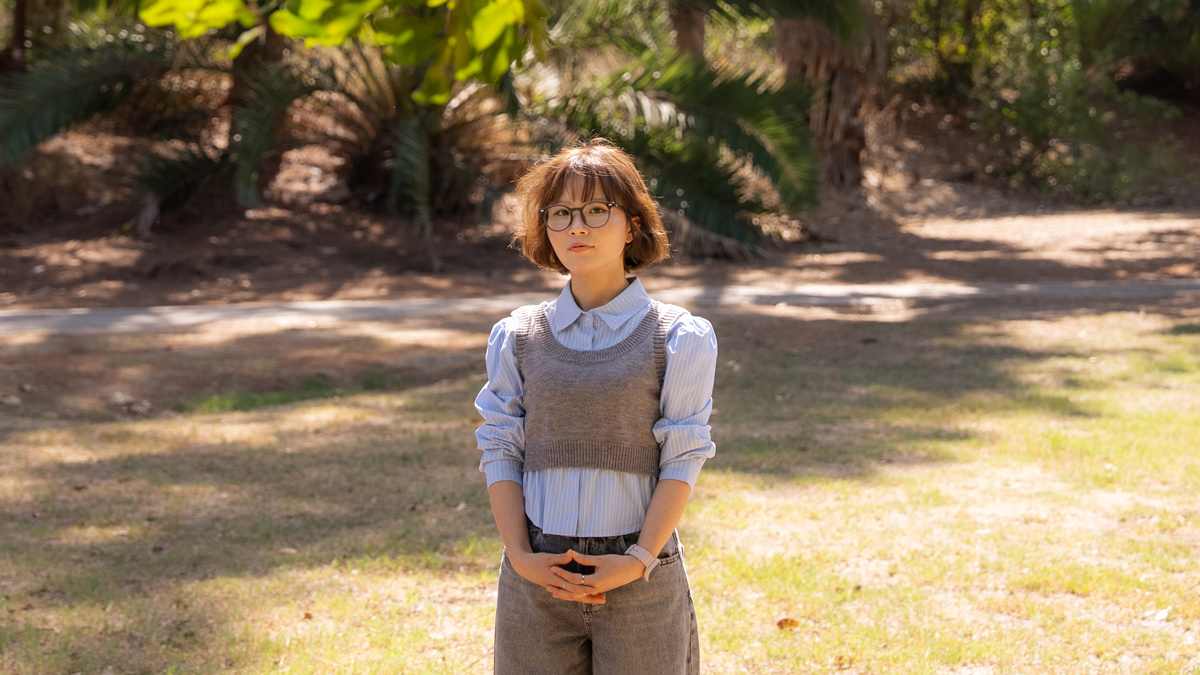
I knew what would happen if we were caught. Arrest. Endless investigations. Humiliation. Public trials. Political prison camp. And the possibility that I might lose the people I loved most in the world.
My mother and aunt were trembling with fear. I had to hide my own fear to tell them what I could only hope. We will survive. We spent the night being tossed back and forth on the East Sea. Black waves lifted our boat like a toy before smashing it down again. Every crash sent water over the sides and threatened to swallow us up.
Suddenly, a patrol ship appeared. Its lights stabbed the water, blinding us, and started coming closer and closer. It was coming for us. My chest pounded so hard I felt it might burst. I thought of the sleeping pills we had brought.
We had agreed that if capture became inevitable, we would rather take our own lives. It was a fate we preferred to execution or prison camps. As the coast guard closed in, I wondered, is it time for the pills?
But I refused to give in. We were so close. I steered away from the searchlights, surrendered the boat to the churning water, and pushed on forward.
Suddenly, the patrol vessel stopped and turned back around. They could no longer chase us. We had reached the maritime border. The sea calmed, as if it was welcoming us to freedom. And as the sun rose, we saw the outline of land.
A South Korean fisherman, hearing radio reports that North Korean patrols were in pursuit, realized we were the boat being chased. He steered his boat toward us and said, "Welcome. You are safe now."
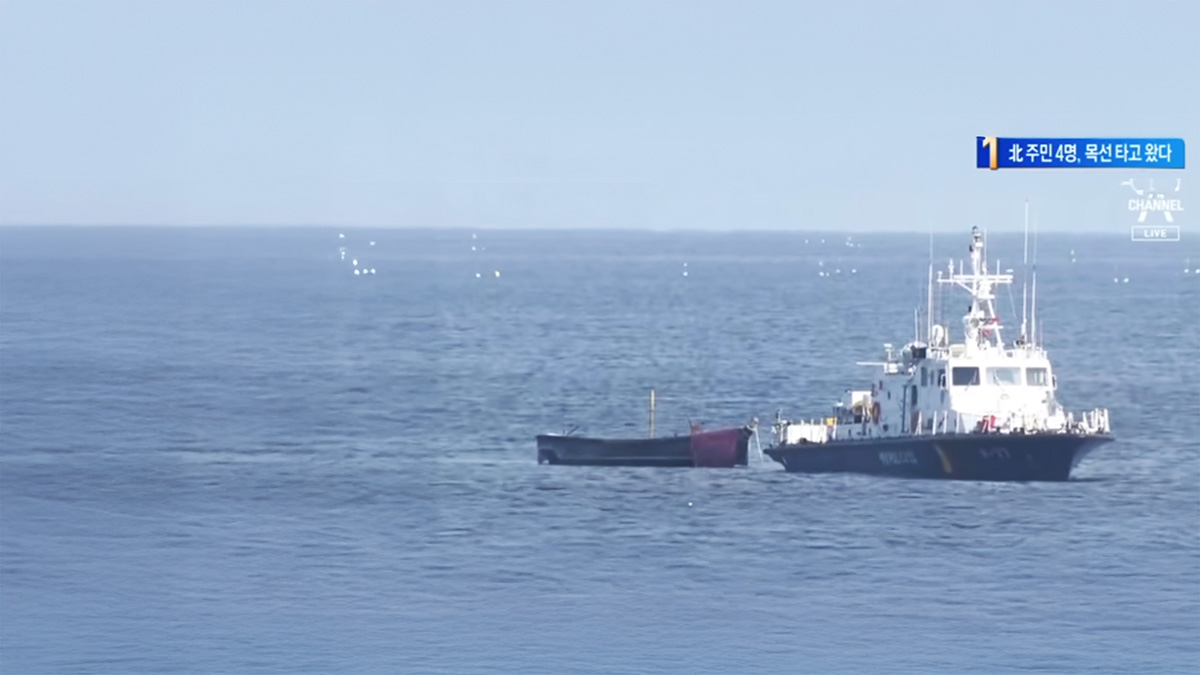
It’s been almost two years since we arrived in South Korea.
I still remember moving into our apartment and using a showerhead for the first time, experiencing hot water flowing straight from the tap. I couldn’t believe it. That day, my mother, my aunt and I took turns showering, laughing, and saying to each other, “So this is what a human life feels like.”
For the first time in my life, I could choose my studies, my job, my clothes, my hobbies—even the way I spoke—for myself. It felt like an entirely new world. We were being reborn, leaving behind a past of silence and control for a life with dignity and a future we could choose ourselves.
My mother began studying for a professional certification. And my aunt enrolled in social welfare classes to help others. I studied hard and was recently accepted into Ewha University. I have also been active in North Korean human rights activism and I even started a YouTube channel to show the world what it looks like to start a new life in South Korea.
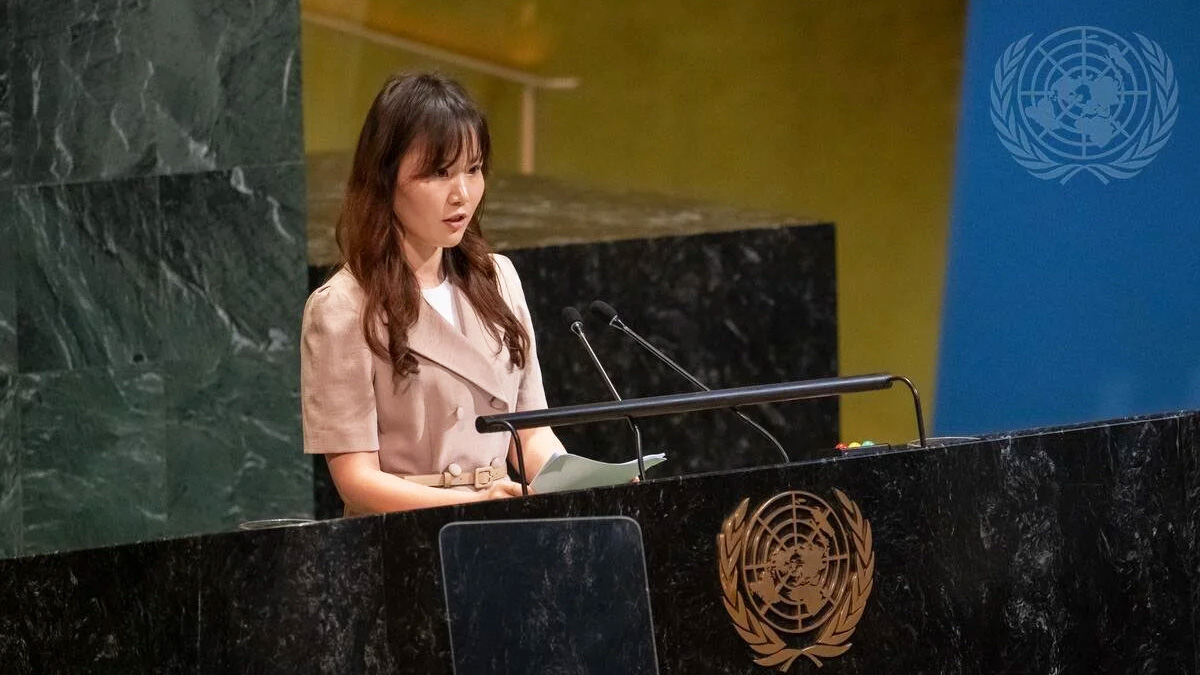
Hope is dangerous for the North Korean government. Millions of people live with anger and sadness, but even more live in resignation. Most do not realize their rights are being violated—they don’t know what “rights” are. I once believed it was normal for the state to control every part of our lives. I thought every country lived this way.
But the moment you realize life could be different, hope begins to take root. And once hope exists, change is no longer unimaginable.
My dream is that someday North Korea will be a place where young people choose their own paths, where no one is punished for their words, and where every person lives as the true owner of their life. While so much of North Korea’s reality is dark, change is already happening. And what sparks that change is information. A single truth from the outside world, a glimpse of what life could be, can plant a seed of doubt, or ignite a spark of hope.
That’s why I speak out. If I don’t tell my story, who will tell it for me? If I stay silent, will the death of my friends, and the suffering and starvation my family endured be forgotten?
Right now, in North Korea, there is someone just like me—sitting in a dark room, secretly watching a South Korean broadcast, quietly wondering: Could I also live like that?
I want my story to prove that this hope can become a reality. I want to stand in the middle of that change. Not just as someone who escaped to enjoy freedom, but as someone determined to one day share that freedom with all North Korean people.
Freedom is not given, but it is something we can achieve. With your support, we can write a future where all North Korean people are free.
Foreign media gave Gyuri a glimpse of the outside world—and the courage to seek freedom.
Increasing North Korean people’s access to outside information is one of the most effective levers for change in the country. And that is exactly what we’re doing at Liberty in North Korea
In partnership with North Korean defectors and engineers, LiNK develops tailor-made technology, tools, and content that help people inside the country access more information more safely. These glimpses into the wider world build people’s resilience to the regime’s propaganda, and emboldens them to imagine a different future for themselves and their country.
Help fuel work that’s directly supporting North Koreans driving change on the inside.




